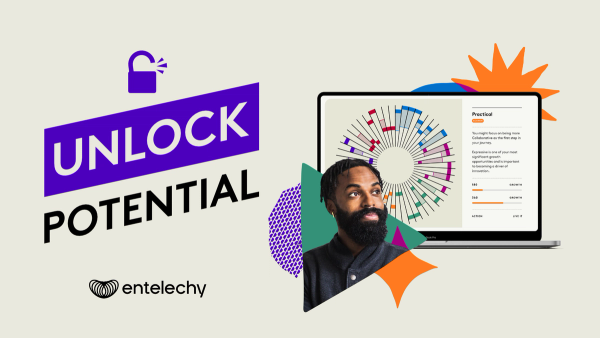Human competence above everything else

Contrary to popular belief, before 'doing' comes 'being'. Shouldn't human competence be as important as technical knowledge, experience or skills?
The single-minded focus on productivity has been drummed into us for generations. Particularly since the industrial revolution, when Victorian schooling became widespread, and the nationwide brain drain began as people moved to cities to work in factories to be ever more productive in what became their 'job for life'.
This singular focus has forced us to strive and push for excellence, which has led to incredible breakthroughs and discoveries in science, technology and we’ve even split the atom and made it to the moon and back.
However, Victorian education didn't cater particularly to creativity, to different styles of learning, to varying ways of being in the world. To a greater or lesser extent, not a whole lot has changed about how we teach, assess, value and reward our youth.
This means we are primarily valued and judged on how much we produce or the academic grades we strive to achieve, rather than how we show up, contribute and make a difference.
Albert Einstein wrote, "Everybody is a genius. But if you judge a fish by its ability to climb a tree, it will live its whole life believing that it is stupid."
With the prevalence of the internet and our accessibility to knowledge, we can see outside the glass bowl in which we swam, to see that there is more to life beyond that which we have been led to believe. Conforming and striving within a singular focus was rewarded then. Now we need people to develop their character – to be adaptable, creative, courageous, innovative, accountable, and so on.
How this impacts how we judge our success
More and more people are leaving corporate careers that have driven them to burnout, health issues, stress, anxiety, depression and more – because they are coming to see that the old paradigm of what constitutes success is waning. Our value system is shifting.
As we wake up, we want to work with and buy from ethical, sustainable companies and consume organic and fair-trade products so that people, the planet and profit benefit, not just the latter.
Concurrently, the self-help industry is now one of the fastest-growing industries across the planet, with a market size of USD 39.99 billion in 2020 which is expected to rise to USD 56.66 billion by 2027. The thirst for self-knowledge, self-awareness, purpose and meaning is real. And yet, because the system dictates that how much we produce equates to how much we are valued, we find it extremely difficult to step off the hamster wheel into what we know, deep within us, is right – that apparently elusive work-life balance.
These days, we understand that we learn and work in different ways, and that GDP isn't really a measure of productivity, much less of human well-being. It is proven that a healthy, happy, mindful, self-aware workforce is more productive and still, for the most part, the productivity expectations in the world of work have yet to catch up.
The consequences of focusing on doing
Most of us spend our lives doing a job to pay the bills. Then we work harder and longer to get promoted and to afford a bigger house and more expensive things, so that we will be happy one day.
We DO so that we can HAVE so that one day we'll BE HAPPY.
This is the lie that we've all bought into, and we see the ramifications across society. From the way we work to the way we live.
The essential difference between being and doing perspectives is the difference between working to live or living to work. If we choose to ride the wave of change, we must be willing to show up differently and do the inner work required to shift from the old paradigm of harder, faster, longer to the new one, of presence, purpose and contribution. In the same way, we must observe, validate and evaluate others as human beings, regardless of being potential employees, a new cohort of apprentices, our co-workers or our next-door neighbour.
The case for being
Instead of doing, then having, then being, let’s do the opposite. Be, do, have.
By focusing on who we are first, we become more responsive to the richness and complexity that each moment presents. In being present, the mind can focus entirely on the moment-by-moment experience, allowing us to be fully aware of whatever is here, right now. We give ourselves time and space to think, to get clarity. In this space, a sense of possibility arises naturally. Answers, next steps and solutions come to us more easily and frequently. We do better, and consequently achieve better results.
Similarly, when we value the ‘being’ first – before grades, skills, job descriptions – we tap into the source of all human competence, the natural catalyst for achievement.
Something is desperately out of balance when the sole focus is doing, and when doing is the measure of our competence and value. When we bring our best self-aware, healthy, mindful selves (who we are) to what we do every day, we produce efficiently, progress effectively and contribute wholeheartedly. So we must lead the charge by valuing character and contribution first, alongside the goals to reach and the targets we desire to hit.
You may also like


Why Soft Skills Matter More Than Degrees
